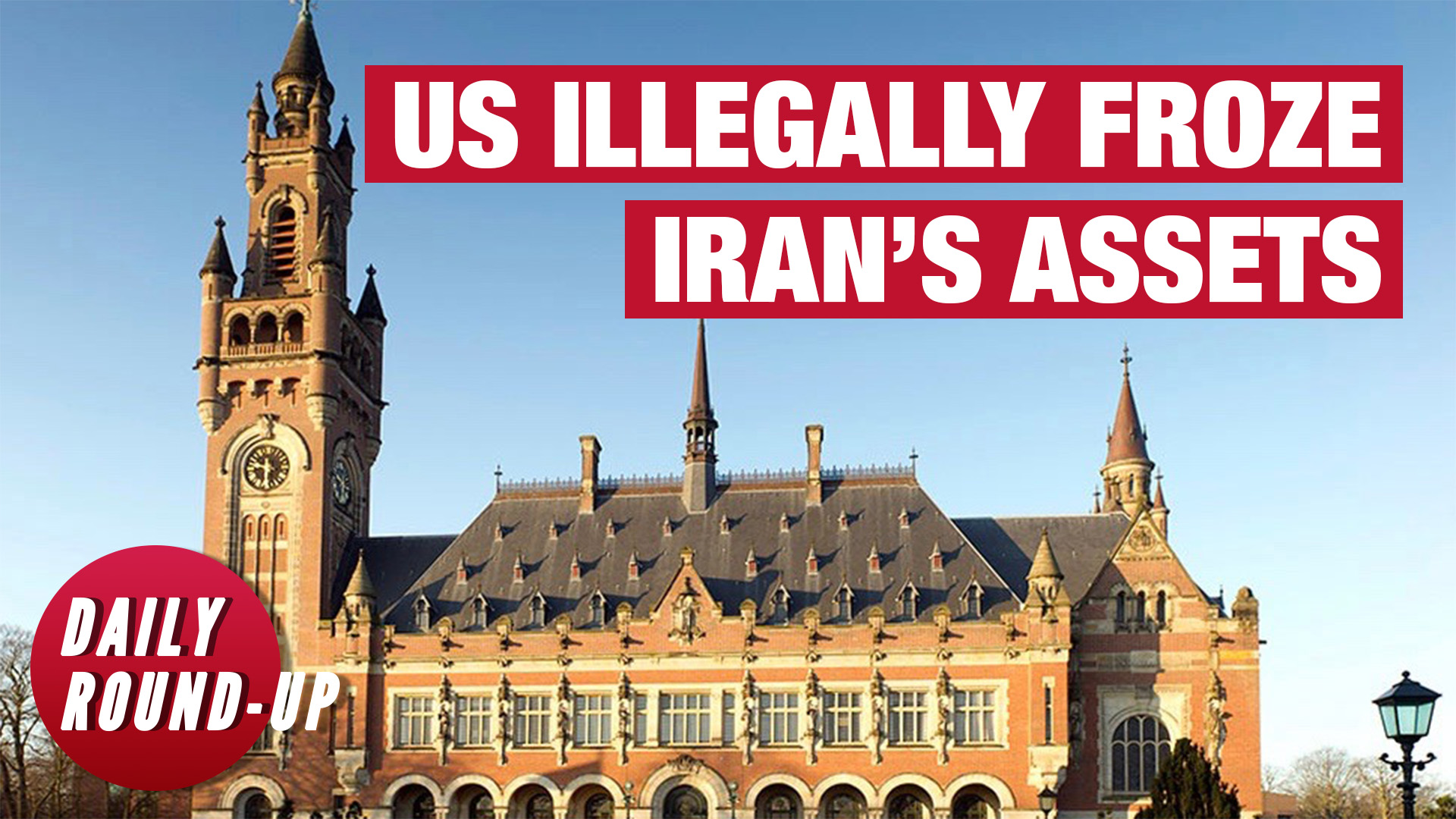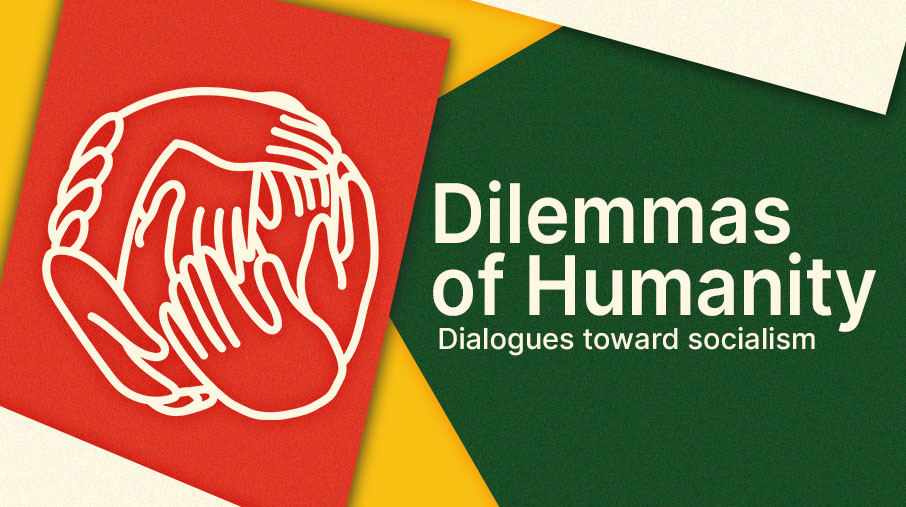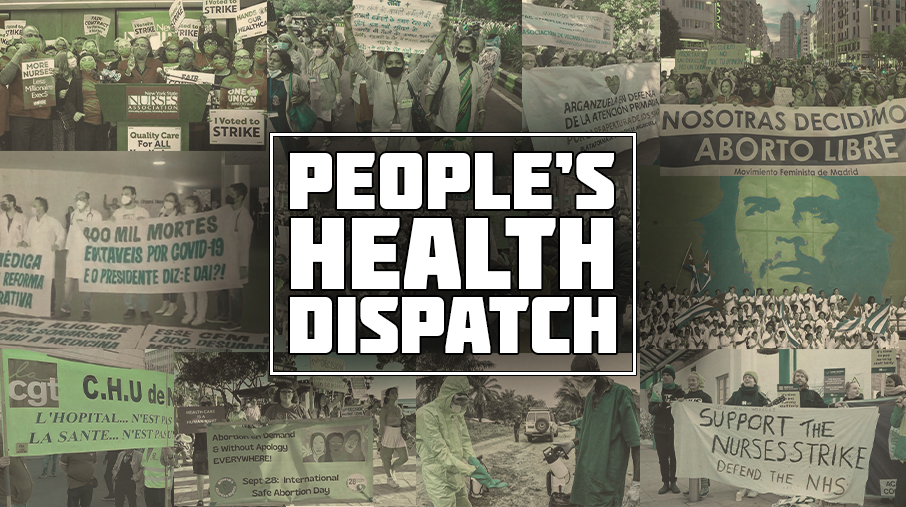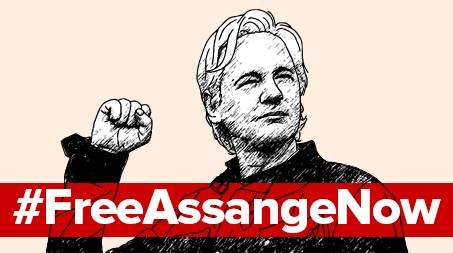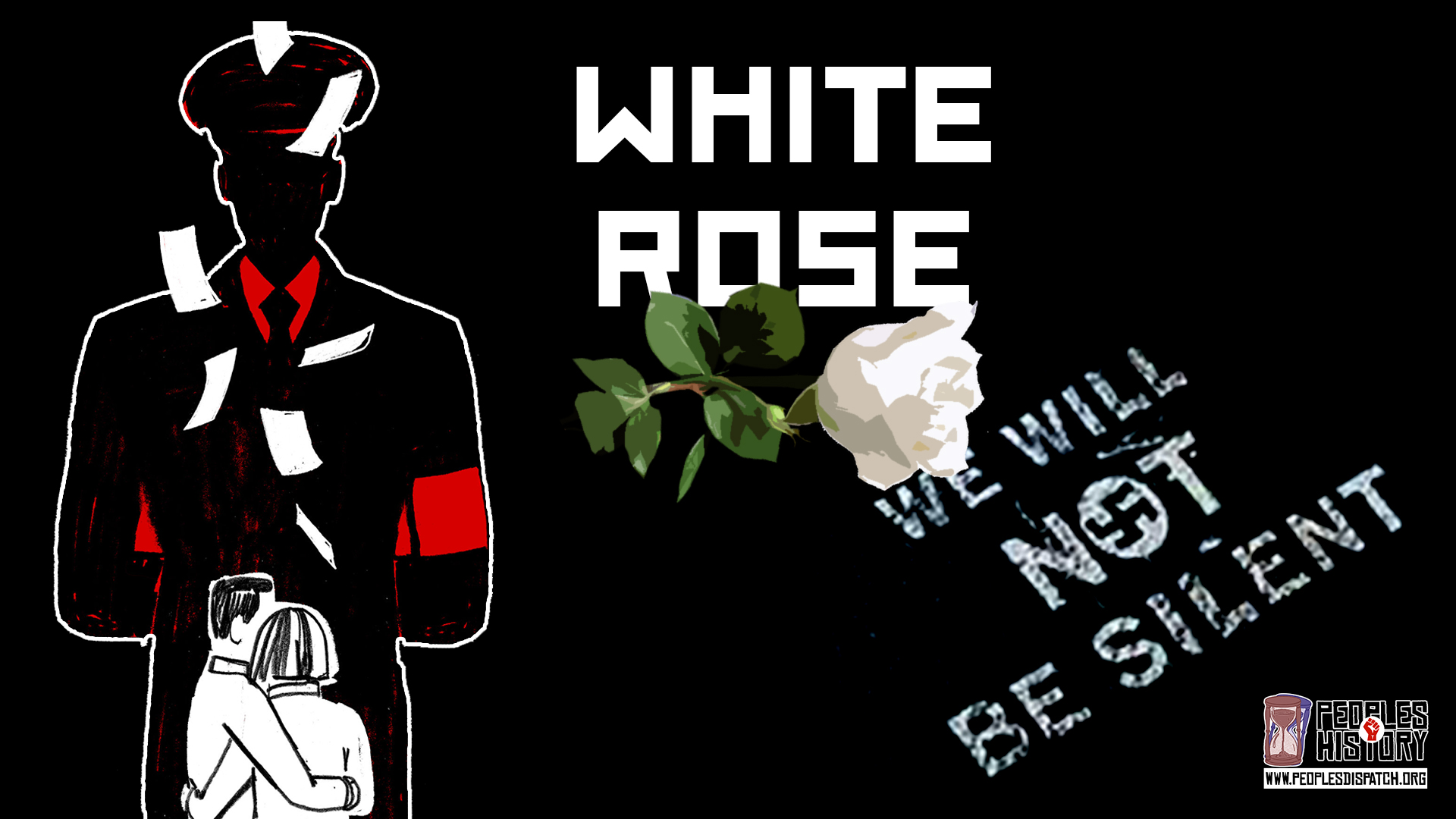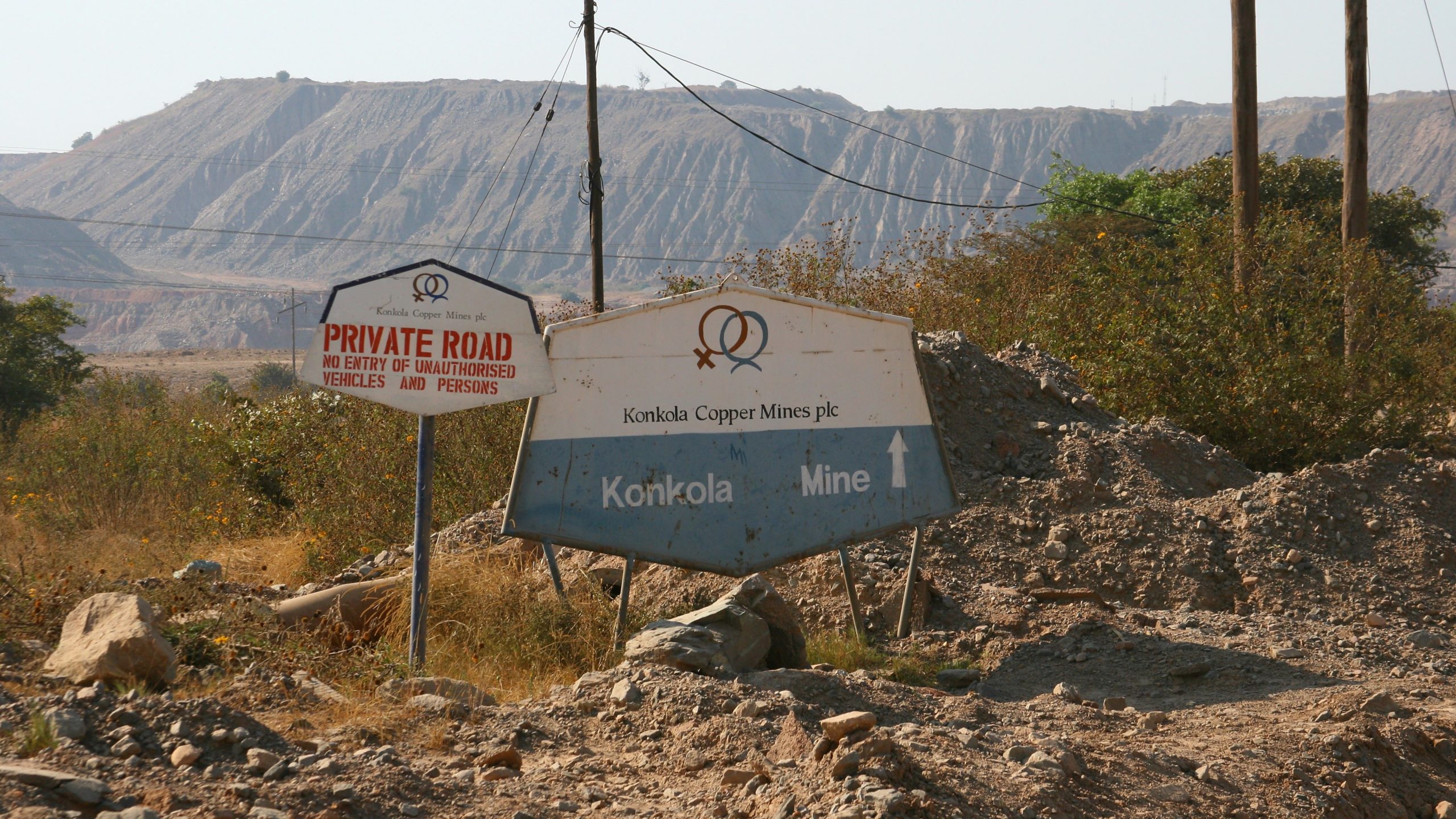 Neocolonial debt, extractivism, and the roots of Zambia’s economic crisis
Neocolonial debt, extractivism, and the roots of Zambia’s economic crisis
Two of Zambia’s key copper mines have returned to foreign private control. The metal, which is 70% of Zambia’s exports, is a major source of foreign exchange at a time when the country is facing a major debt crisis
 Ghana witnesses fresh protests against rising cost of living
Ghana witnesses fresh protests against rising cost of living
People took to the streets of Accra for a three-day action under the slogan #OccupyJulorbiHouse to protest the rising cost of living and worsening economic conditions. Ghana is facing a severe debt crisis and has entered into its 17th loan program with the IMF, raising fears of further austerity measures
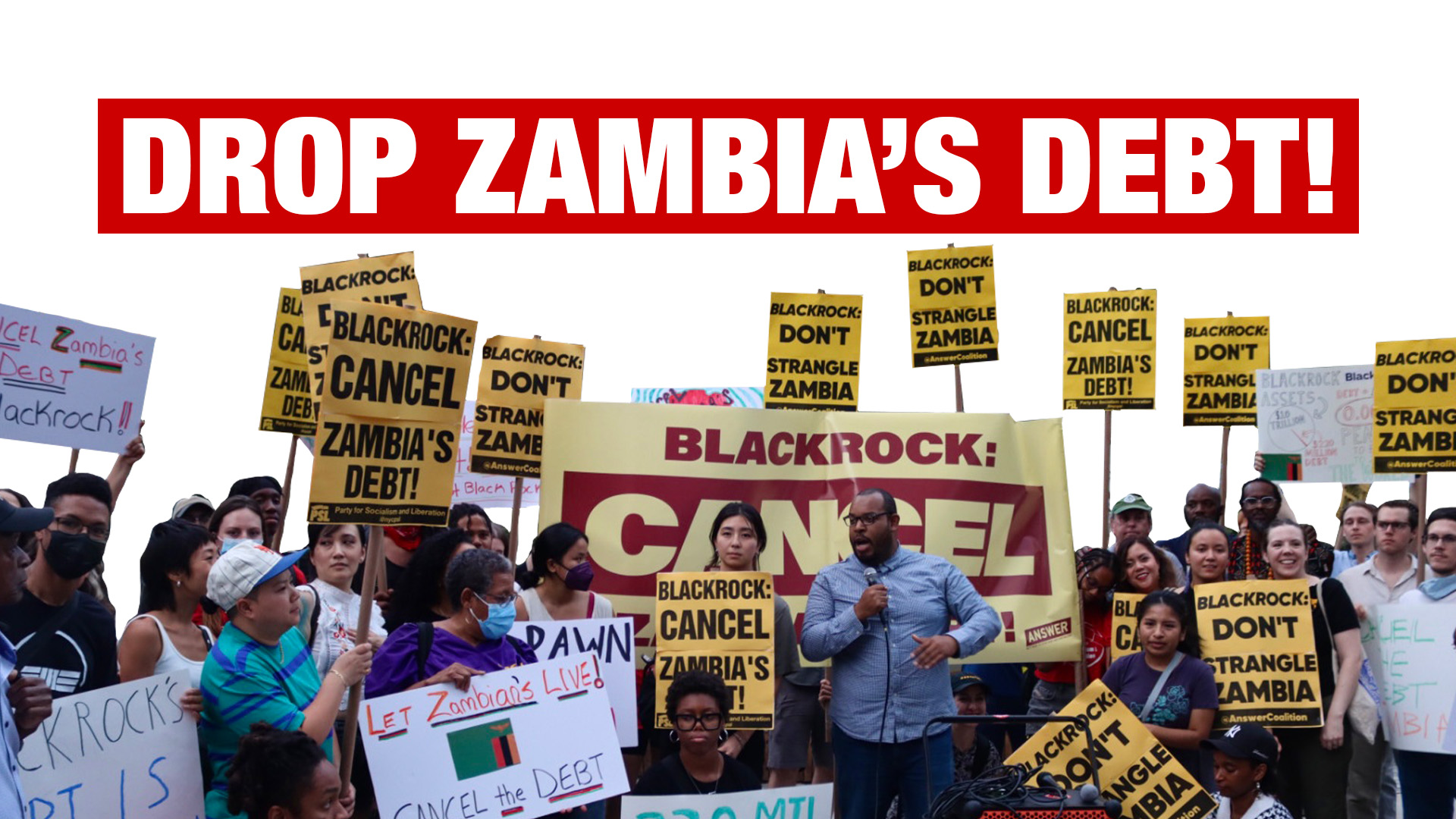 Activists demand Blackrock cancel Zambia’s debt
Activists demand Blackrock cancel Zambia’s debt
70% of Zambia’s debt is held by Western institutions, and 220 million is held by investment giant BlackRock.
 US-based organizations demand BlackRock cancel it’s share of Zambia’s debt
US-based organizations demand BlackRock cancel it’s share of Zambia’s debt
Western institutions own 70% of Zambia’s debt. It’s time for the largest private owner of such debt to cancel it entirely, say activists
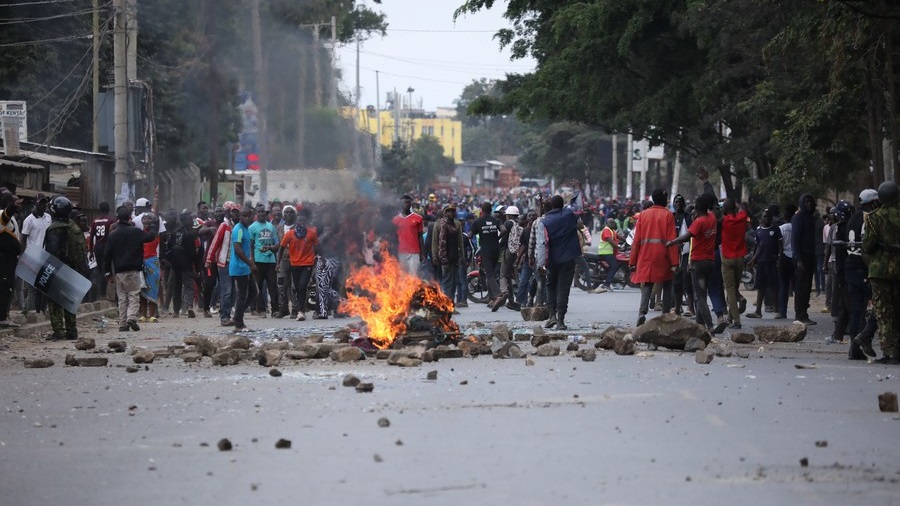 Death toll mounts in Kenya as police intensify crackdown on protests against US-IMF backed tax regime
Death toll mounts in Kenya as police intensify crackdown on protests against US-IMF backed tax regime
After police killed six protesters and arrested more than 300 on July 19, Kenya’s left and human rights group warned of a resurgent police state. Kenyans have been protesting President William Ruto’s Finance Act that increases taxes on essential goods
 While Kenyans are protesting on the streets, US and IMF cheer President William Ruto’s ‘reforms’
While Kenyans are protesting on the streets, US and IMF cheer President William Ruto’s ‘reforms’
Kenya’s Finance Act 2023, which has provoked country-wide protests by aggravating the cost of living crisis through taxes on basic commodities and incomes, is welcomed by the US because it will “give Americans safety on investing in the country”
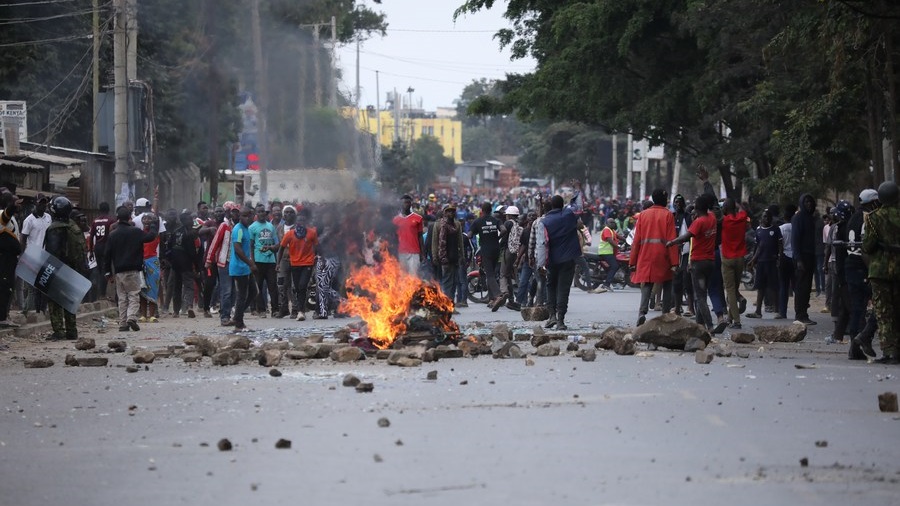 Understanding mass protests and violent repression in Kenya: William Ruto’s tax hikes
Understanding mass protests and violent repression in Kenya: William Ruto’s tax hikes
At least 12 people have been killed and hundreds arrested in mass protests that have been rocking Kenya for over a week. A root cause of the anger is the doubling of taxes on fuel that will have a disastrous impact on the people who are already facing a cost of living crisis
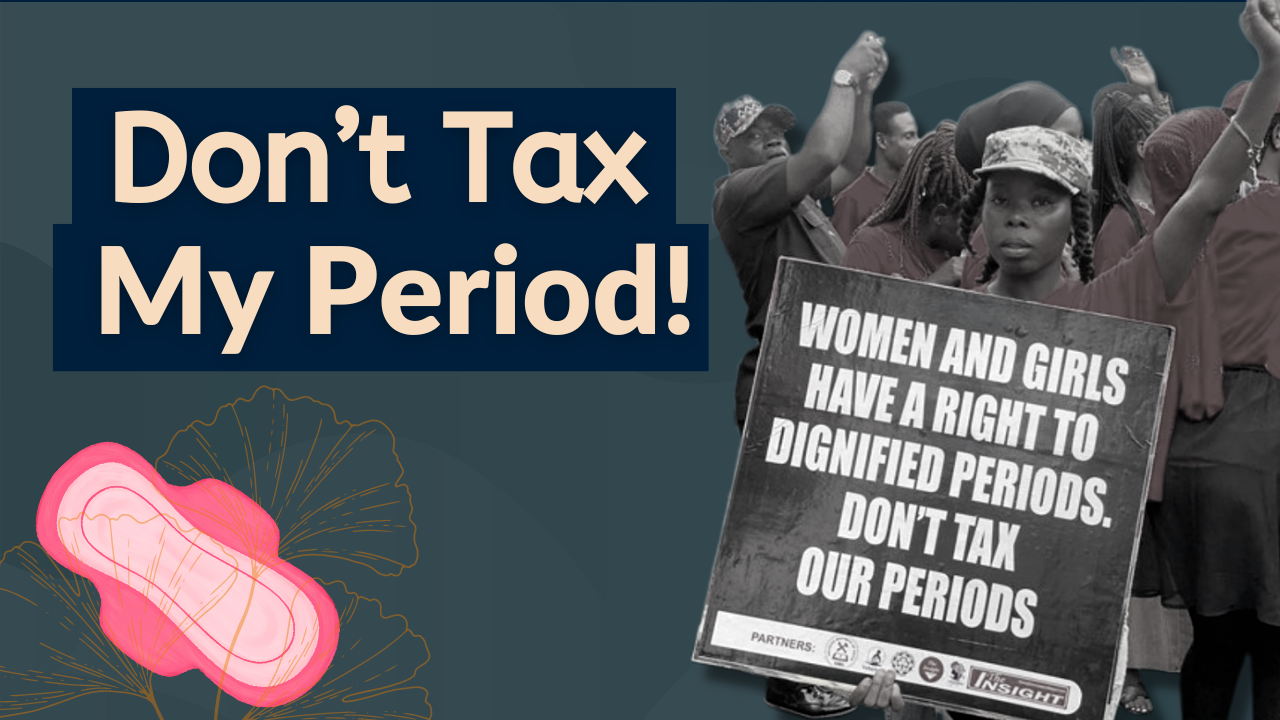 Activists in Ghana march to the parliament demanding tax-free periods
Activists in Ghana march to the parliament demanding tax-free periods
The activists have vowed to return to the streets if taxes on menstrual hygiene products are not removed.
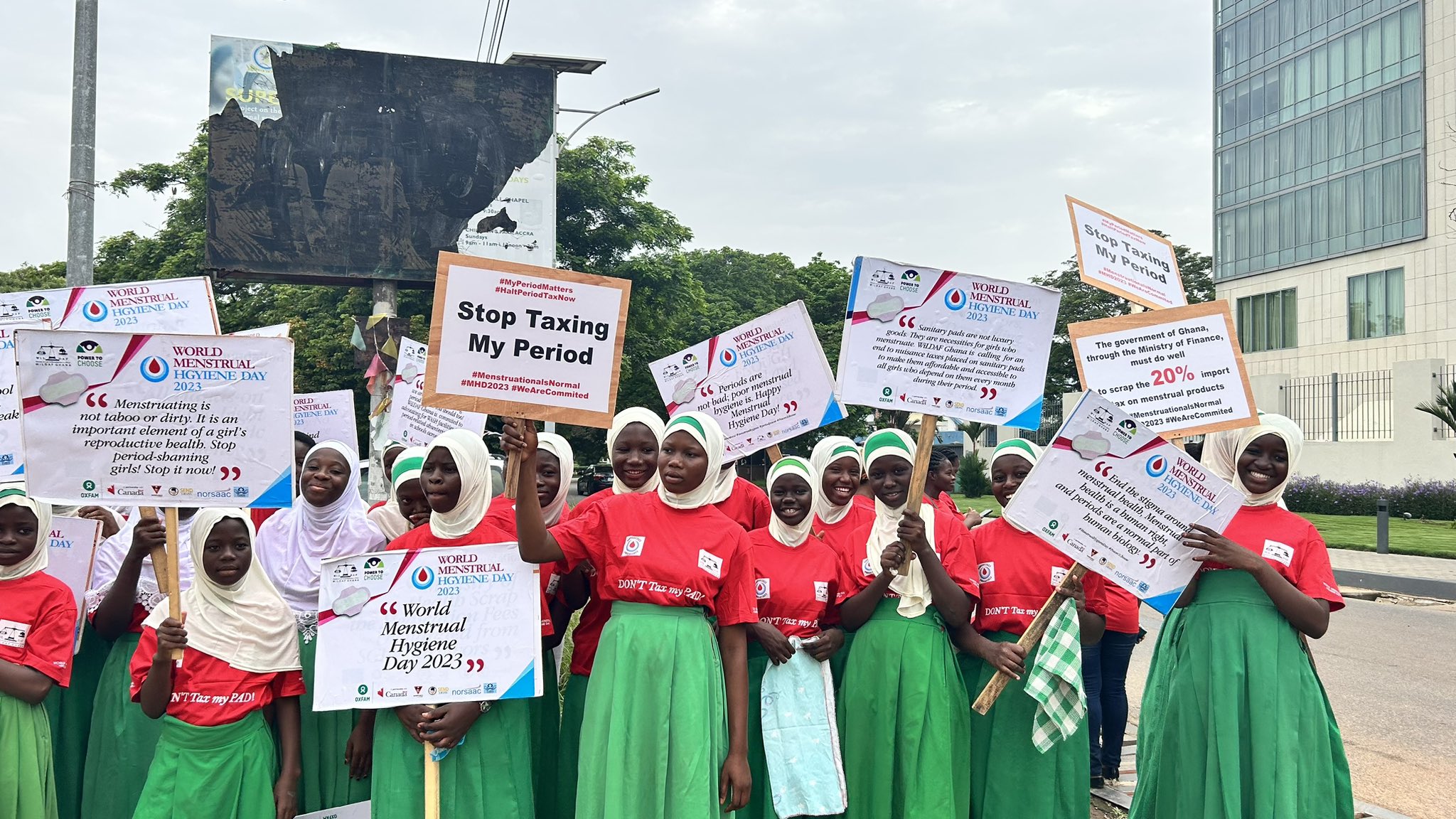 Ghanaian activists reject high taxes on menstrual products in struggle to “bleed with dignity”
Ghanaian activists reject high taxes on menstrual products in struggle to “bleed with dignity”
On June 22, Ghanaian activists will take to the streets for the “Don’t Tax My Period” march which is being organized by the women’s wing of the Socialist Movement of Ghana and allied organizations. The mobilization takes place as anger builds over the heavy taxation of menstrual hygiene products.
 Economy must be ‘at service of life’: resisting debt and neocolonialism in Africa
Economy must be ‘at service of life’: resisting debt and neocolonialism in Africa
A dossier and accompanying discussion hosted by the Tricontinental Institute for Social Research interrogates the vicious cycle of debt rooted in neocolonial extraction that continues to trap countries across the African continent
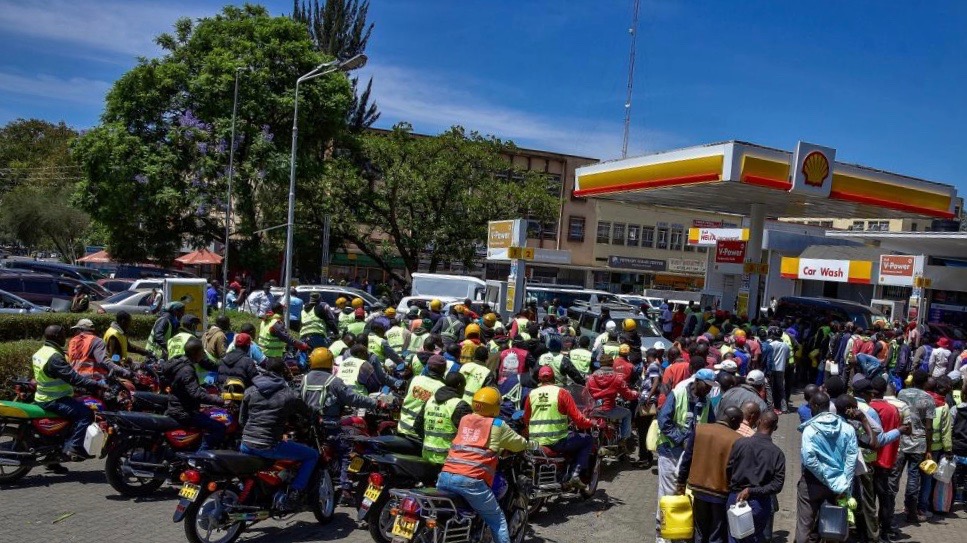 Kenya’s ‘anti-people’ Finance Bill met with widespread opposition as cost of living soars
Kenya’s ‘anti-people’ Finance Bill met with widespread opposition as cost of living soars
Amid rising debt payments the Kenyan government has proposed new tax and levy regimes in the Finance Bill 2023. Unions and left forces, especially the Communist Party of Kenya, have argued that the measures will further burden workers while they are already struggling under an economic crisis
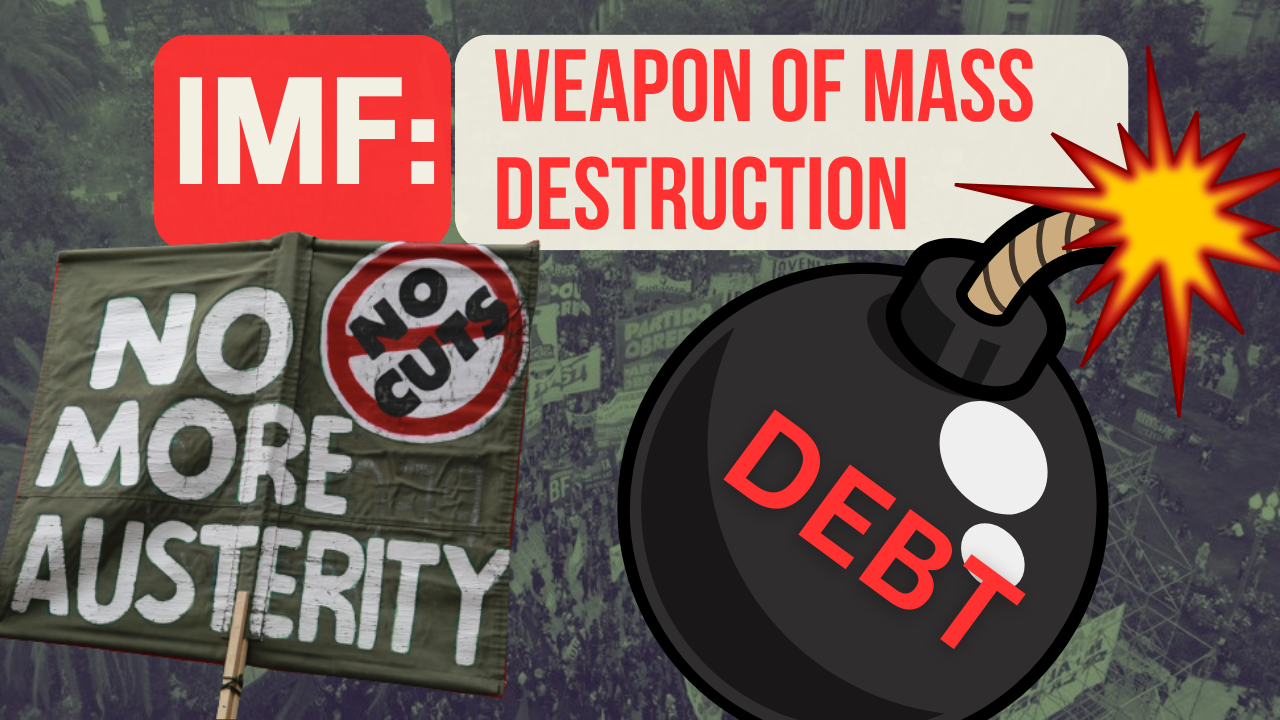 The IMF debt trap and how to get out of it
The IMF debt trap and how to get out of it
Political Economist Grieve Chelwa explains the reasons why countries of the Global South are forced to go time and again to the International Monetary Fund for aid.


